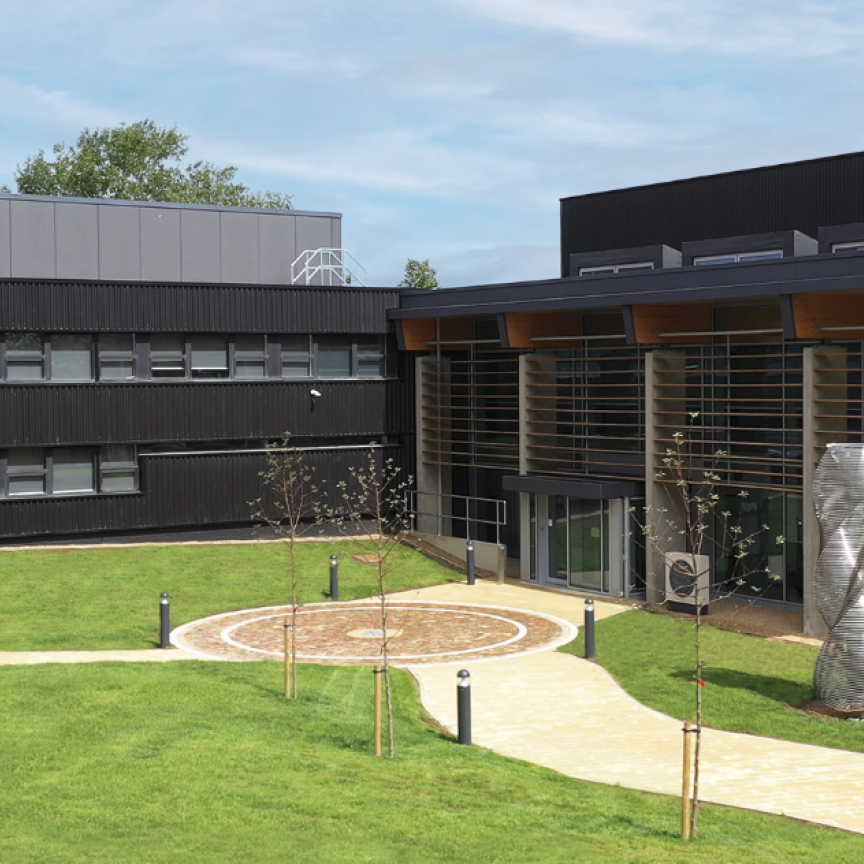UK-based Optical Surfaces has been selected by the Gérard Mourou Center for Ultrafast Optical Science (CUOS) at the University of Michigan (USA) to provide beam expander optics for its zettawatt-equivalent ultrashort pulse laser system (ZEUS).
Sponsored by the US National Science Foundation, the Zeus laser facility is being constructed to allow a Petawatt laser pulse from one of its beamlines to collide with a beam of GeV-energy electrons generated by its other beamline. In this collision, the electrons will encounter a Zettawatt (1021 watt) equivalent laser power as measured in their rest frame.
John Nees, a research scientist at CUOS said: 'The construction of the Zeus facility began in 2020 and is slated to be operational in 2024. Among its numerous challenges, the chirped-pulse amplified (CPA) laser system requires an ‘aberration-free’ telescope to deliver the fully amplified pulses at a safe fluence to the three petawatt compressor where their power is increased 50,000-fold for experimental use. The telescope comprises a 170mm diameter convex aspheric mirror and a 255mm positive spherical mirror used in an off-axis design. Optical Surfaces will fabricate the precision mirror substrates that will be coated and used to expand the pulsed beam diameter from 140 to 305mm.
Director of sales at Optical Surfaces, Dr Aris Kouris commented: 'We are honoured to be selected by Cuos as the supplier of high precision beam expander for this prestigious project. With this Zeus laser system, the Cuos team is excited about the possibility of probing quantum electrodynamics, the reigning explanation of how the universe operates at the subatomic level. In addition, Zeus could help develop new methods and technologies for use in medicine, defence, material science and astrophysics.'
Globally, only a few optical manufacturers can produce off-axis optics as part of the delivery system of sufficient surface quality to enable ultra-high-power lasers to focus their massive energy onto targets only a few microns in size. Under these extreme conditions the laser-matter interactions can produce energetic beams of electrons and protons as well as bright, coherent sources of x-rays which enable researchers to address fundamental questions in areas including plasma physics, x-ray radiography, proton therapy and fast ignition experiments.
The company's ISO 9001-2015 approved manufacturing workshops and test facilities are deep underground in a series of tunnels excavated in solid chalk. This provides an environment where temperature is naturally thermally stable, and vibration is extremely low. With such stable conditions testing of high precision mirrors, particularly with long path lengths, becomes quantifiable and reliable. In addition to these natural advantages, Optical Surfaces has invested in an extensive range of test equipment and have developed methods to ensure accurate and reliable testing.


